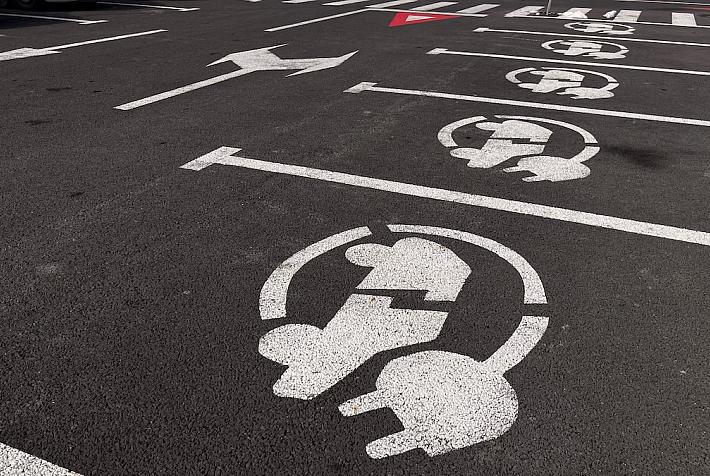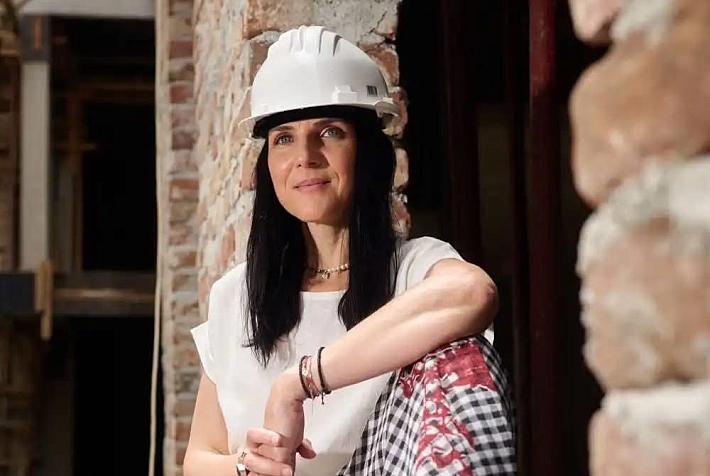Study: Romania's Rosia Montana mining project could negatively impact more than 20,000 jobs in farming, tourism and wood processing

The Rosia Montana mining project in Romania, if implemented, could negatively affect more than 20,000 jobs in the area, according to a study conducted by Pro Apuseni Mountains foundation, headquartered in Campeni.
The document presents the point of view of citizens and businesses in Apuseni Mountains and includes development alternatives.
One of the main sectors in the area is the furniture and wood processing industry, with five companies being active in this field.
The document states that “local investments in Campeni, which amounted to over EUR 4 million in recent years, have led to the creation of over 1,000 direct and indirect jobs”.
According to the research, representatives of this sector are worried that the chemical substances to be used in the mining project could affect their businesses, given the wood “assimilates these substances through photosynthesis”, which might lead to “wood products (wood furniture) to be rejected by recipients with the idea that they are contaminated”.
Thus, the 1,000 jobs in this area would be affected by the project, the report states.
The wood processing companies are currently working on a project, which is to be submitted to the country’s Parliament, the report notes.
Another sector that may be affected if the project by Rosia Montana Gold Corporation (RMGC) is given the green light is tourism.
The research states that the Apuseni Mountains area “is one of the most popular tourist destinations in Romania”, with more than 15 famous sites in the area, some of them unique in Europe.
According to the data, there are more than 630 accommodation units in region and some 4,700 direct beneficiaries of tourism activity.
In the first half of the year, the area was visited by 45,000 tourists, of which 20 percent were foreigners.
The report states the cyanide used for the mining project at Rosia Montana “will have a devastating psychological effect on tourism demand,” turning the region into a “touristic desert” as the number of visitors will decrease.
“In this way, Abrud and Campeni, the two cities located at just 5 km and 15 km respectively from the exploitation , instead of becoming poles of tourism in the Apuseni Mountains, will face depopulation and underdevelopment,” it reads.
As a result, the more than 4,700 direct beneficiaries of tourism activity would be affected by the mining project.
Agriculture is also listed as another sector that could be affected by the RMGC project at Rosia Montana.
There are 15,000 agricultural holdings in the Apuseni Mountains area, while the number of animals increased by 20 percent this year.
The main activities in terms of farming and agriculture include crops of potatoes, berries, mushrooms and fruit trees, as well as beekeeping and fish farming.
The document also presents technical data about the potential environmental impact of the project, including air pollution and the negative impact on the community and fauna in the area.
See the entire document here.
The mining project at Rosia Montana has triggered several controversies over the years and was opposed by NGOs, mainly due to the environmental issues.
Thousands of people protested across the country in the last five weeks against the mining project, but people living in Rosia Montana have also staged protests in favour of the project, which they say will create jobs much needed in the area.
The draft law is currently pending for approval from the Parliament.
Irina Popescu, irina.popescu@romania-insider.com












